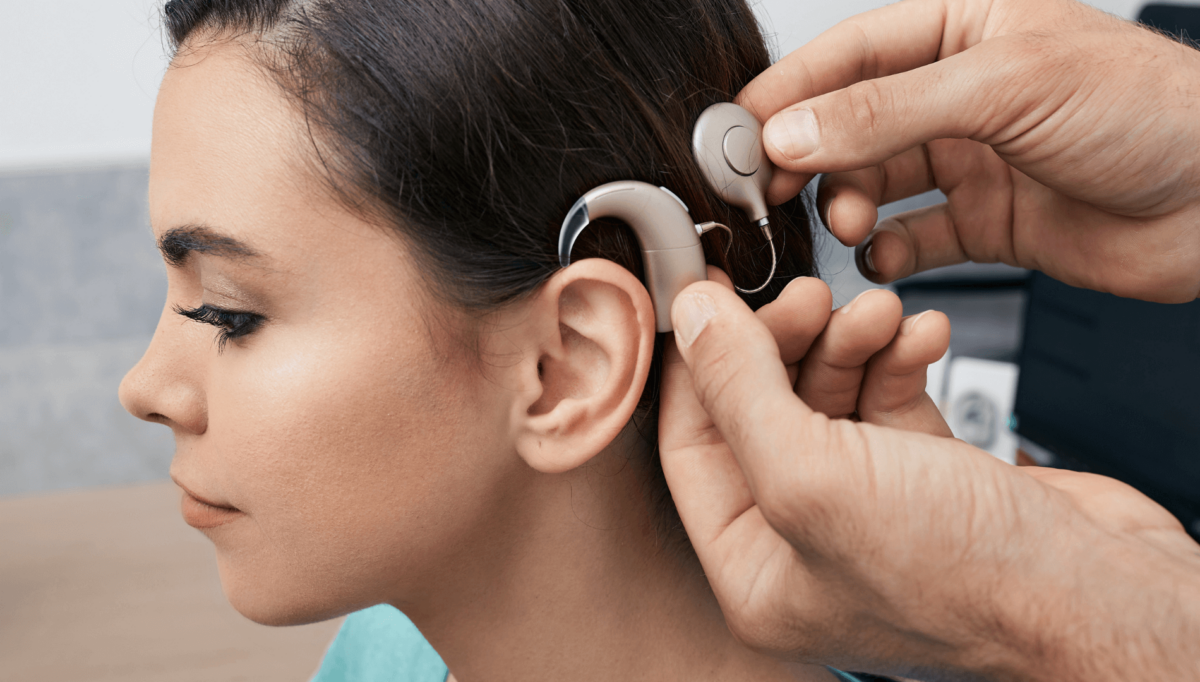Activating a cochlear implant initiates a transformative journey filled with excitement and uncertainty. Initial adjustments are normal, and they require patience and perseverance as the brain learns to interpret new sounds. It’s good to give yourself time to adapt to the sounds and the emotions they evoke.
Sound quality may initially feel unfamiliar, but clarity improves as the brain acclimates. Having realistic expectations is key, as progress occurs gradually and varies for each individual. Emphasizing personal pacing during this adjustment period can help ease the transition into this new chapter of life, allowing for a smoother integration of the implant’s benefits.
Embracing the Rehabilitation Process
After cochlear implant activation, a structured rehabilitation process is needed to optimize its effectiveness and enhance communication skills. Regular sessions with hearing health professionals and speech therapists provide personalized exercises and ongoing support, empowering patients and families in their hearing journey. Auditory training is a key component, aiding the brain in distinguishing sounds and understanding speech.
Professional guidance promotes a supportive environment for adapting to new sounds, while active participation accelerates skill development. The rehabilitation process aims not only to restore hearing but also to improve overall quality of life. Daily listening activities, such as music and subtitled television, further enhance auditory comprehension.
Promoting an Effective Adjustment
Optimizing cochlear implantation outcomes requires ongoing effort and dedication. Regular follow-ups with hearing health professionals ensure proper device function and necessary adjustments. Open communication between patients and their care team helps address concerns promptly. Make it a daily commitment to use the cochlear implant daily to strengthen your auditory learning.
Resilience and patience complement the technology’s benefits. Every interaction offers unique learning opportunities, with conversations, social activities, and listening exercises enhancing the experience. Familial involvement is important as it provides encouragement and understanding. Family members and friends can accompany patients to appointments, offering support and gaining insights into the hearing journey, further enriching the process.
Cultivating Positive Hearing Habits
Consistent use of the device, even in non-critical situations, helps the brain adapt. Utilizing auditory feedback loops, such as repeating unfamiliar sounds, improves communication. Creating a supportive environment promotes meaningful connections and encourages participation in social activities, which builds confidence and communication skills.
Listening in diverse settings enhances adaptability while practicing active listening focuses attention on specific sounds. Taking breaks is critical to prevent auditory fatigue. Additionally, self-care and open discussions with loved ones about experiences enrich the adjustment process, ensuring a positive journey for everyone involved.
Connecting with Support Networks
Engaging with support networks is important during the cochlear implant journey, providing encouragement and guidance. Both online and in-person support groups promote friendships by allowing individuals to share experiences, exchange coping strategies, and celebrate milestones. Hearing health professionals recommend these groups to enhance the cochlear implant experience, as they help reduce feelings of isolation and build confidence.
Supportive families and caregivers who learn about cochlear implants create a positive environment, while advocacy groups and educational resources equip them with needed knowledge. An informed support network strengthens relationships, promoting growth and adaptation at every stage of the cochlear implant experience.

